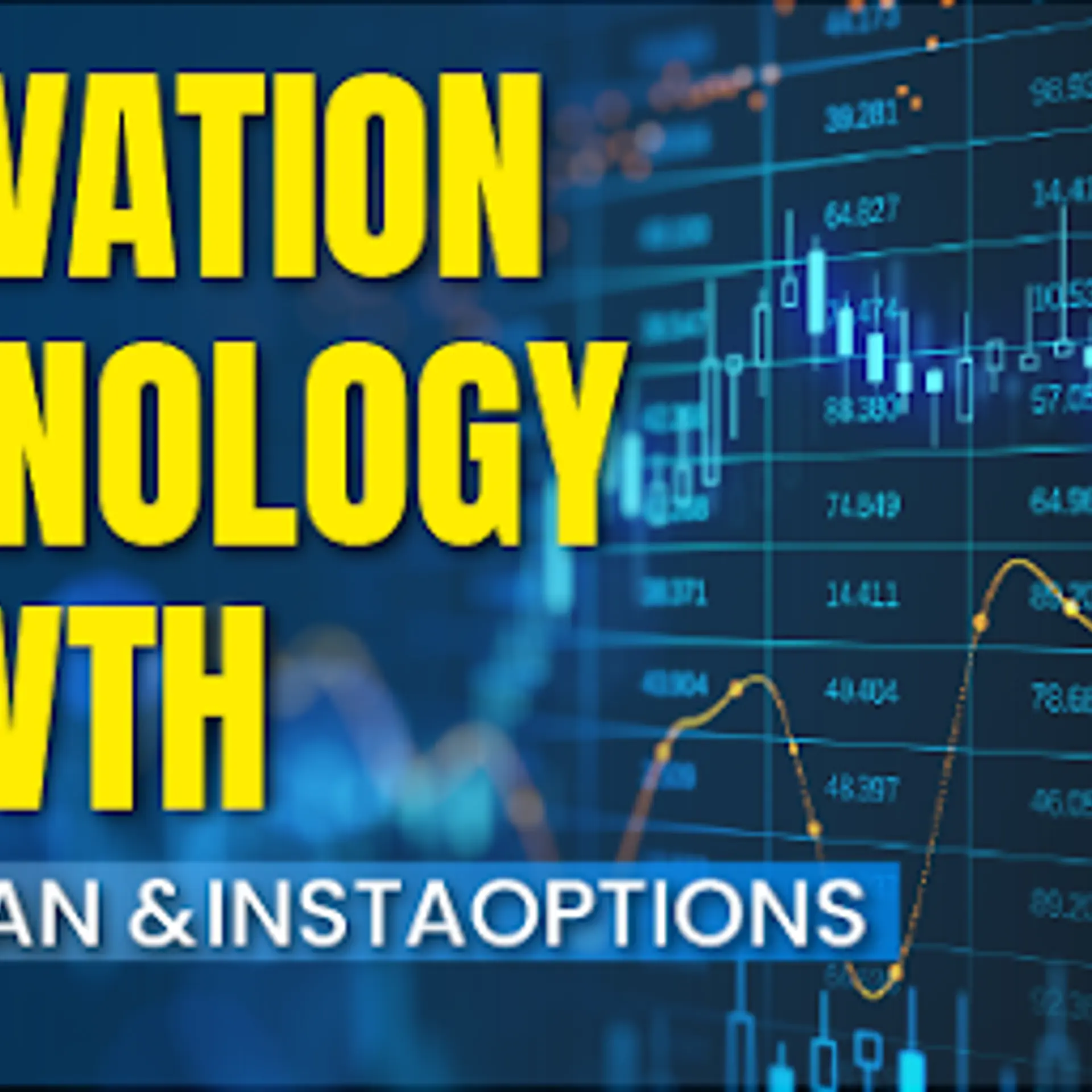Data science offers new opportunities for more women in tech
We live in a big data world today, and data science is at the forefront of almost everything we do, from strategising for business to solving social and environmental challenges.
There is an anomaly in the $220 billion Indian tech sector that is refusing to get resolved. A little over 40% of India's STEM (Science, Technology, Engineering and Math) graduates are women, the highest in the world. But only a third of those working in the tech sector are women. This disconnect is causing bizarre gender inequality in the Indian IT sector.
For a long time, we have explained this anomaly with several reasons, some valid and some outdated, male patriarchy, narrow filters in schools that see more boys choosing science than girls, lack of awareness of opportunities, biases in the workplace, etc.
Even with all the reasons we can come up with, it is a challenge that is hurting not only the country's socio-economic goals, like bringing more women into the national workforce but is also holding back the tech sector. There is already a vast skill gap challenge in the tech sector, and not having more women in it only aggravates the situation.
The good news is that the global digital movement, including Industry 4.0 and large-scale automation, is creating new opportunities in the tech sector. Data science is one such emerging field leading this shift regarding the nature of job opportunities in the tech sector. One recent study showed that the skill gap in the Indian tech sector is widening because of the exponential growth in demand for data scientists. That gives us a new window of opportunity to bring more women into the industry and correct the historical anomaly. It is also essential to remember that this opportunity is not just in IT companies but cuts across all sectors, including manufacturing, finance, HR etc.
Increasing the role of women in data science can be achieved only by removing some terrible preconceived notions about the field itself. We live in a big data world today, and data science is at the forefront of almost everything we do, from strategising for business to solving social and environmental challenges. This is precisely why we see this massive demand increase for data scientists. By some recent estimates, big global data as an industry is expected to grow to around $230 billion by 2025, almost equal to the size of the entire Indian IT sector today.
One of the most vital selling points for data science as a profession is its relevance in today's world. Sifting through massive volumes of data, looking for patterns, and offering meaningful and effective solutions and strategies based on data models we can create makes data scientists a crucial link between problems and solutions. The application of data science in fields outside business, like healthcare, education, politics, agriculture, environment etc., makes it all the more exciting and attractive for a wider audience of professionals.
The impact of data scientists' work on the lives of millions and perhaps billions of people is impressive. While this urge to do impactful work is certainly gender-neutral, it should not stop us from pushing it harder with women. Data science professionals do much more than just 'number crunching'. Above all else, they are problem solvers. Many of the world's most severe and persistent challenges today, be it climate change, hunger & nutrition, imbalances in access to resources, natural disaster management etc., are being addressed more effectively using data science. This should be the USP to bring more women into the field.
There is another crucial aspect of data science that is not common knowledge. Though it may be part of the more significant tech industry, it does not require any engineering background or even STEM, for that matter. Even people outside the tech industry can become data scientists with less than a year of training. That makes it an excellent opportunity to upskill or reskill women returning to work after long breaks, such as maternity leaves.
We recently celebrated International Women's Day 2023 under the more significant theme of "DigitALL: Innovation and technology for gender equality". The idea, as proposed by the United Nations, is that "bringing women and other marginalised groups into technology results in more creative solutions and has greater potential for innovations that meet women's needs and promote gender equality." As per UN Women's Gender Snapshot 2022 report, women's exclusion from the digital world has shaved $1 trillion from the gross domestic product of low- and middle-income countries in the last decade—a loss that is expected to grow to $1.5 trillion by 2025 without action.
Building a larger pool of women data scientists fits right into this agenda. It is also an opportunity for narrowing the gender gap in the tech sector, and we should remember this window would not remain open forever.
(Disclaimer: The views and opinions expressed in this article are those of the author and do not necessarily reflect the views of YourStory.)







